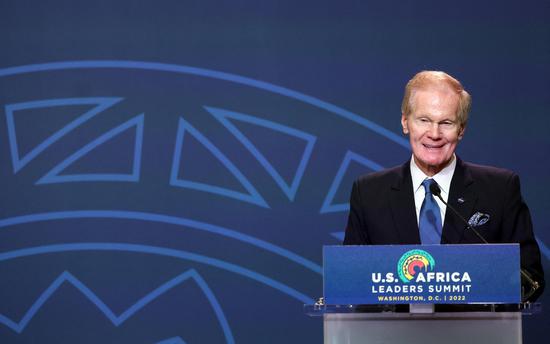
NASA Administrator Bill Nelson delivers remarks during the Space Forum at the U.S. - Africa Leaders Summit on December 13, 2022 in Washington, DC. (Photo/Agencies)
(ECNS) -- NASA Administrator Bill Nelson recently declared that China and the U.S. were in a “space race” and warned that the U.S. better watch out that China doesn’t "get to a place on the moon under the guise of scientific research."
Nelson has peddled the "China threat" in space more than once. Last July, he blatantly claimed that China is trying to “occupy the moon,” and during a House Appropriations Committee hearing, the senior official said he wanted more money for NASA and alleged that China is "good at stealing" American technology.
China has long been taking the path of independence and self-reliance in its space development, while deepening high-level international exchanges and cooperation. It has made an announcement that the first batch of payloads of projects under international cooperation would be delivered to China's space station for experiments by 2023. Meanwhile, the country has been actively preparing for training foreign astronauts.
Frequent smearing by some U.S. politicians and officials of China's open and shared development in space may attribute to the following two issues.
On the one hand, the U.S. has felt the pressure as China's space technology has developed fast over the past years.
According to the U.S. media outlet Politico, the country’s Artemis I mission, which is counting on a series of new systems and equipment that are still under development, could risk falling behind China if there is any significant delays or mishaps. Besides, NASA’s moon-landing timeline has already slipped a year from the Trump administration.
As such, the U.S. has laid barriers on international space cooperation and imposed sanctions on other space agencies. It introduced bills to restrict space cooperation and exchanges with China, revealing its double standards.
On the other hand, deep-rooted hegemonic thinking of the U.S. and contention culture make it resolute in suppressing China in the fields of economy, science and technology, and even in space.
In order to maintain its hegemony in space, the U.S. launched a Geosynchronous Space Situational Awareness Program in 2014 to surveil other countries’ satellites. It also recognized space as a "domain of war," establishing a space command center and space force, and developing and deploying offensive space weapons.
In addition, it has cooperated with private companies in order to meet the increasing demand of its national defense departments and intelligent agencies.
The U.S. is inciting the arms race in space, aggravating the risk of militarization of space and posing a major challenge to peace and security. It should abandon this Cold War mentality, actively participate in international space cooperation, and allow space to benefit humankind instead of making it a platform to satisfy its hegemonic ambition.
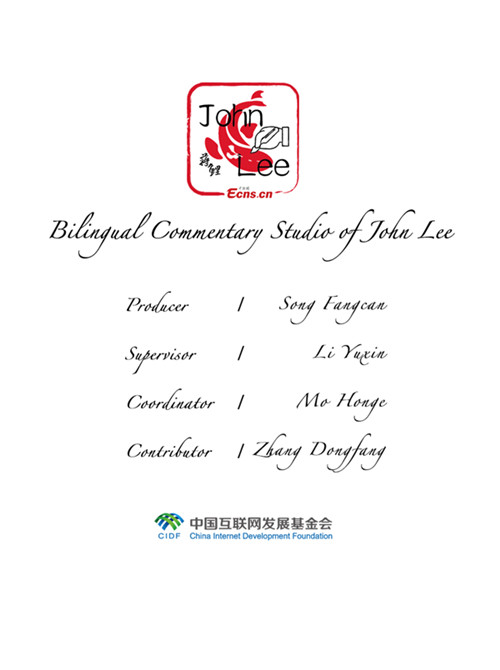









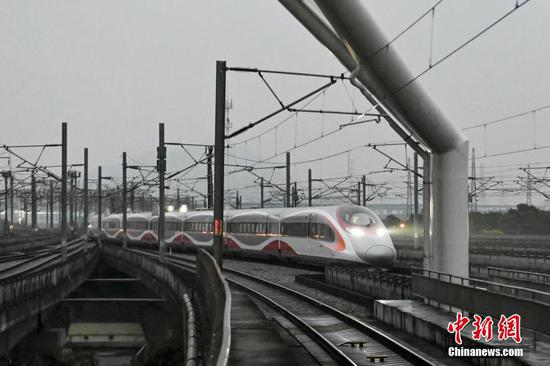
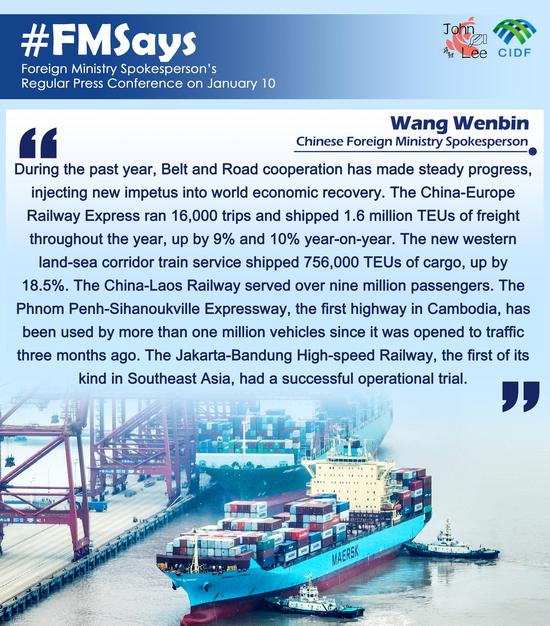
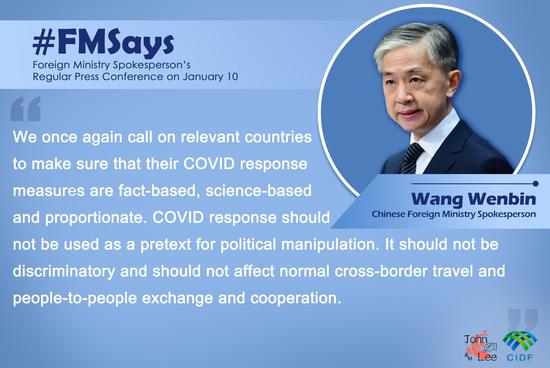
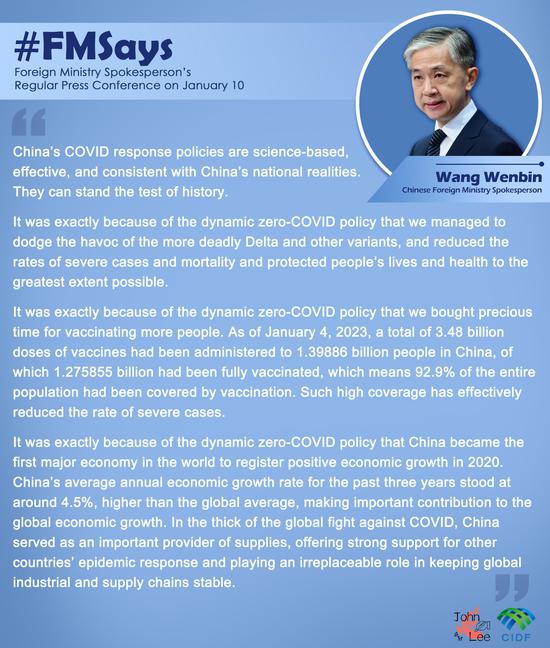

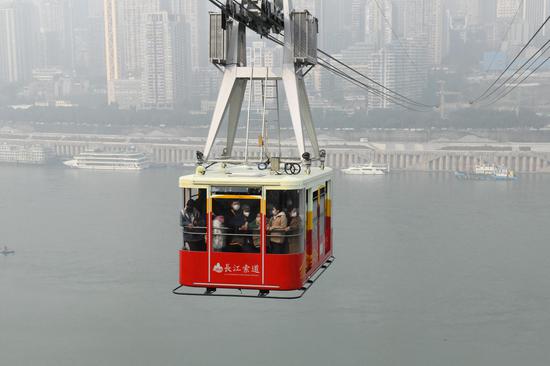
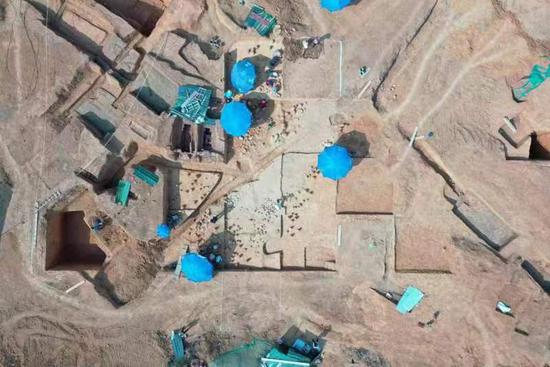
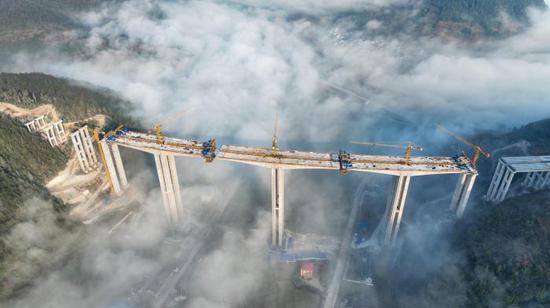
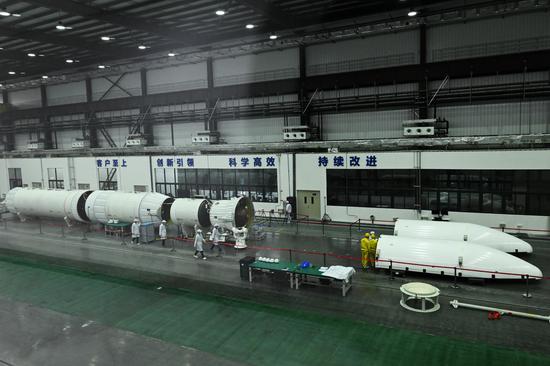




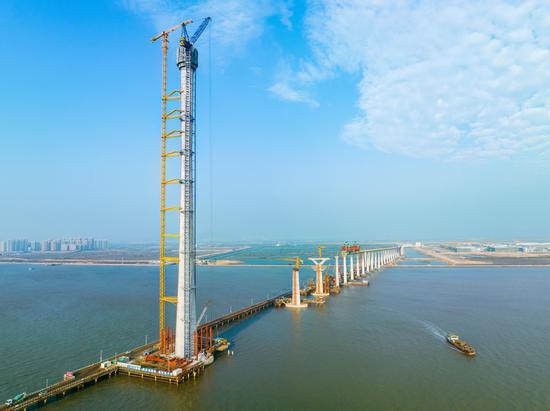

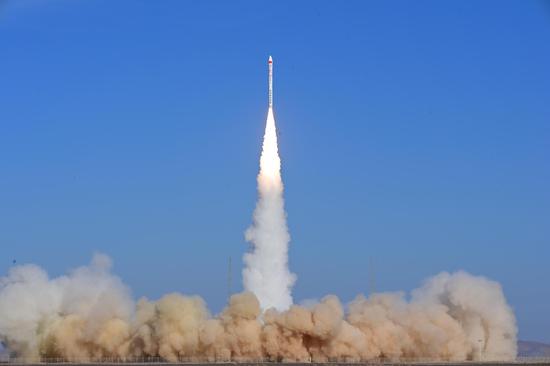
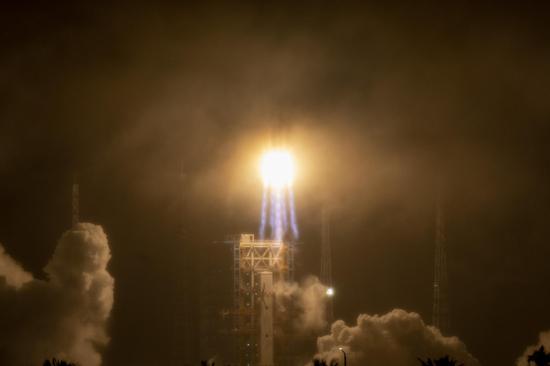


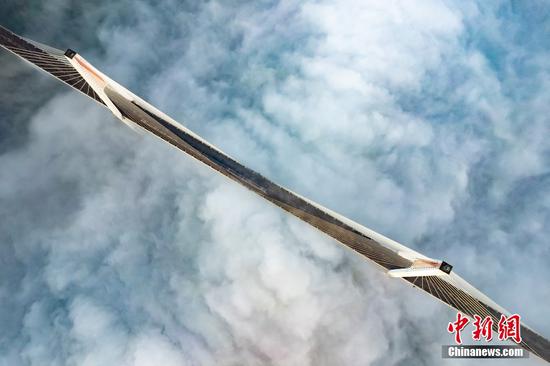
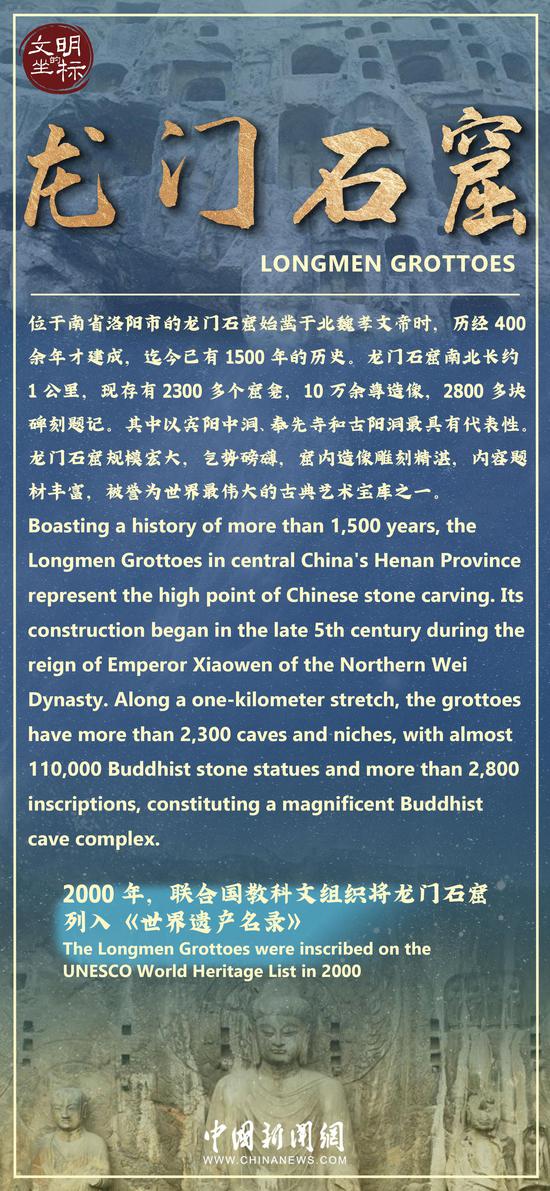




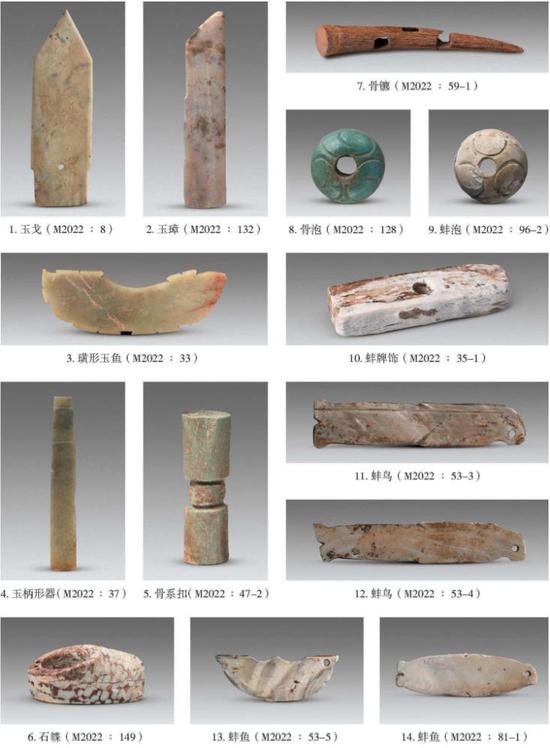

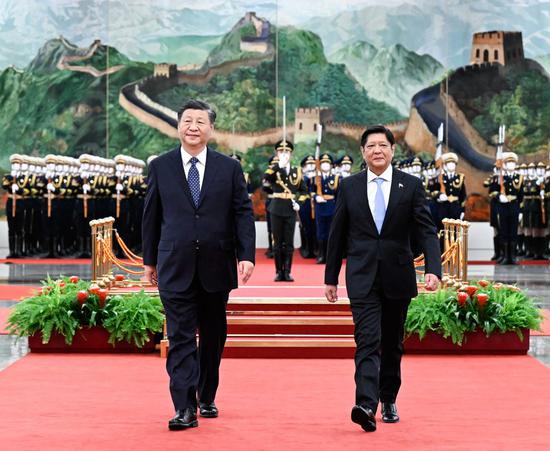













 京公网安备 11010202009201号
京公网安备 11010202009201号